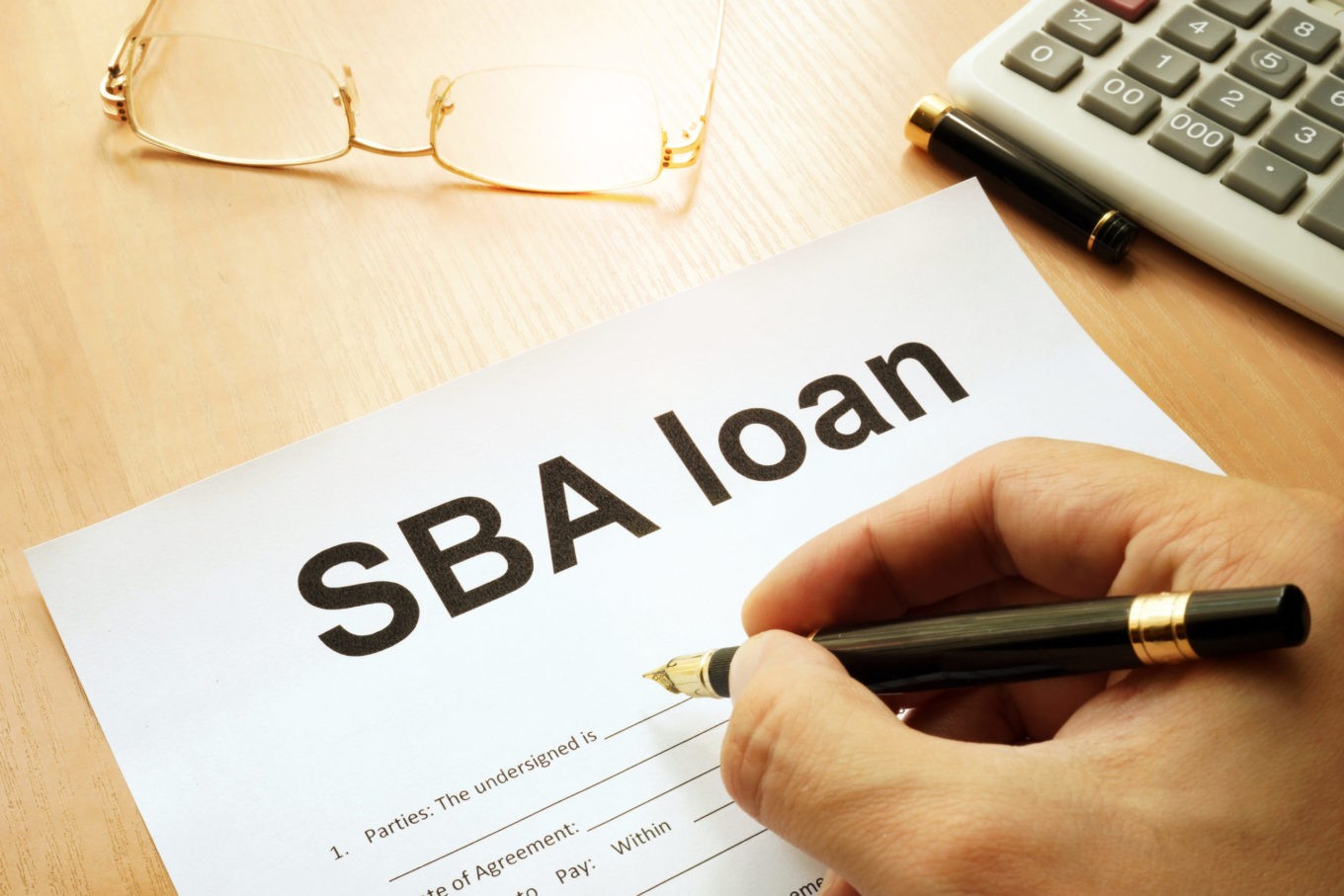The United States Small Business Association “SBA” is not a direct lender of loans to small businesses. Rather, through its expansive network of lenders, the SBA works with businesses to help secure financing ranging from $500.00 to $5,500,000 in funding on behalf of businesses that are starting out or expanding. Further, the SBA usually secures a portion of the loan thereby mitigating the default risk for lenders, leading to more favorable terms for the borrowers. The general guidelines to secure an SBA loan are as follows:
- Be a for-profit business,
- Do business in the United States,
- Have owner invested equity,
- Exhaust other financing options.
SBA loans generally have lower interest rates; continued business counseling and education for borrowers, and flexible overhead requirements. The SBA is also a tremendous resource for establishing a business plan, obtaining market research and trends, and for ongoing management and tax planning. Even the most established businesses can learn from visiting the SBA website at https://www.sba.gov/.
Businesses are currently facing unprecedented times and the default rates on loans and SBA loans are steadily increasing. Most SBA loans are personally guaranteed, meaning, that if a business defaults on the loan terms, the lending institution may collect against the personal assets of the business owner who “guaranteed” the loan. This makes the business owner and his or her assets, such as a home, car, bank account, and personal belongings susceptible to collection efforts.
To protect such assets, a Bankruptcy may be a viable option for the co-signor and in some cases the subject business as well. Often, a Bankruptcy filing for the struggling business and the personal guarantor are necessary to get a complete financial fresh start. The good news is that an SBA loan is dischargeable in Chapter 7 Bankruptcy under Title 11 Section 727(a).
Of course, if the subject bankruptcy filer has affordability, they will repay a percentage of the SBA and other debts through a Chapter 13 Plan.
Whether a Chapter 7 (immediate fresh start) or Chapter 13 (repayment plan) is the best option, both types of cases implore what is known as the automatic stay. The automatic stay, under 11 USC Section 362 is imputed the moment the Bankruptcy itself is filed. Meaning, that creditors, including an SBA lender, are prohibited from commencing or continuing all collection efforts against the property of the Bankruptcy filer.
For many that have been struggling with business debt or personally guaranteed business debt, bankruptcy is a powerful and viable tool to achieve a fresh start after struggling to keep their business afloat.





